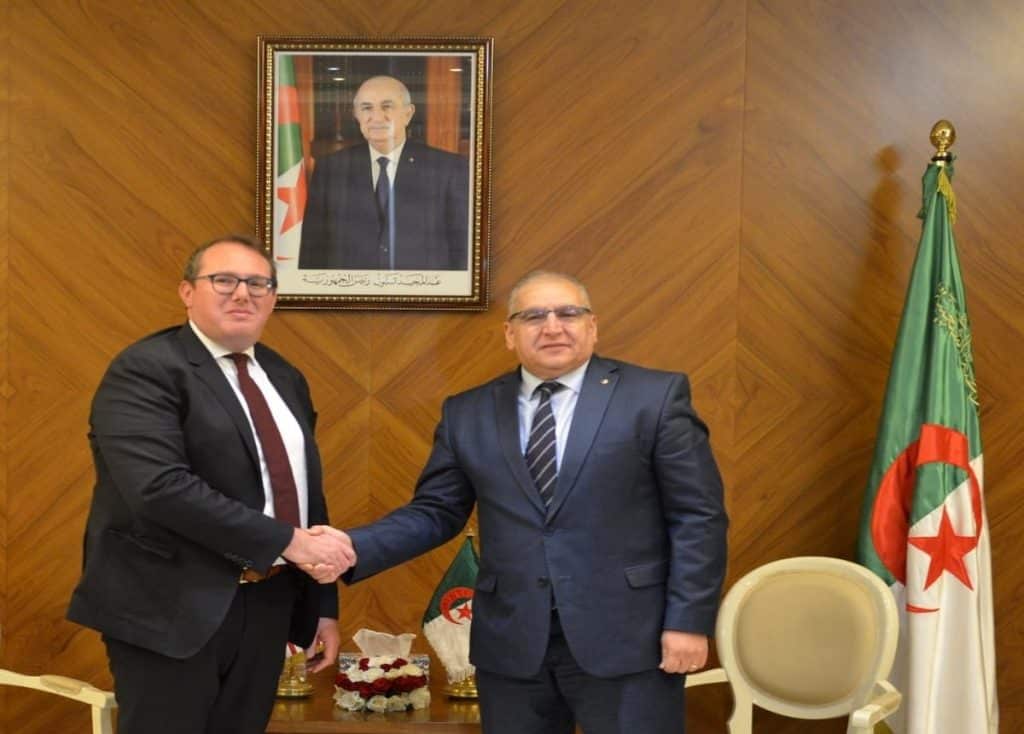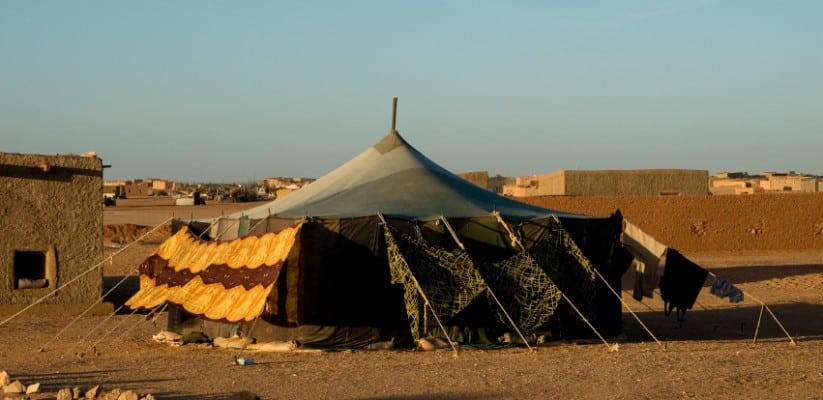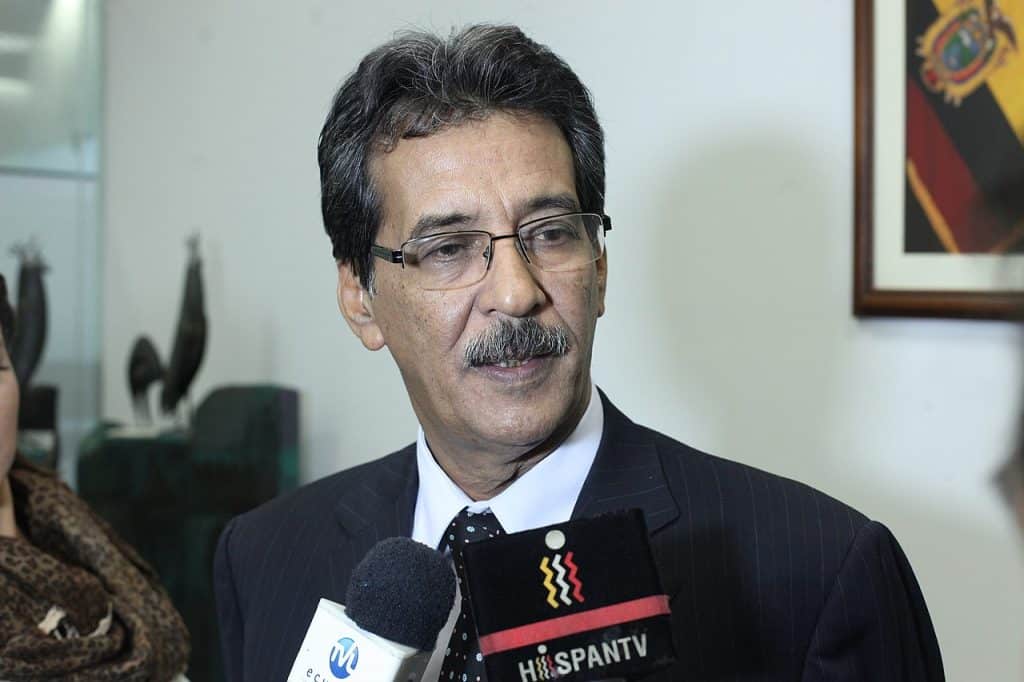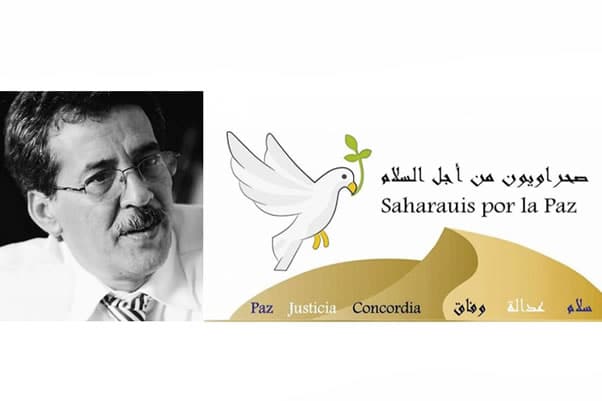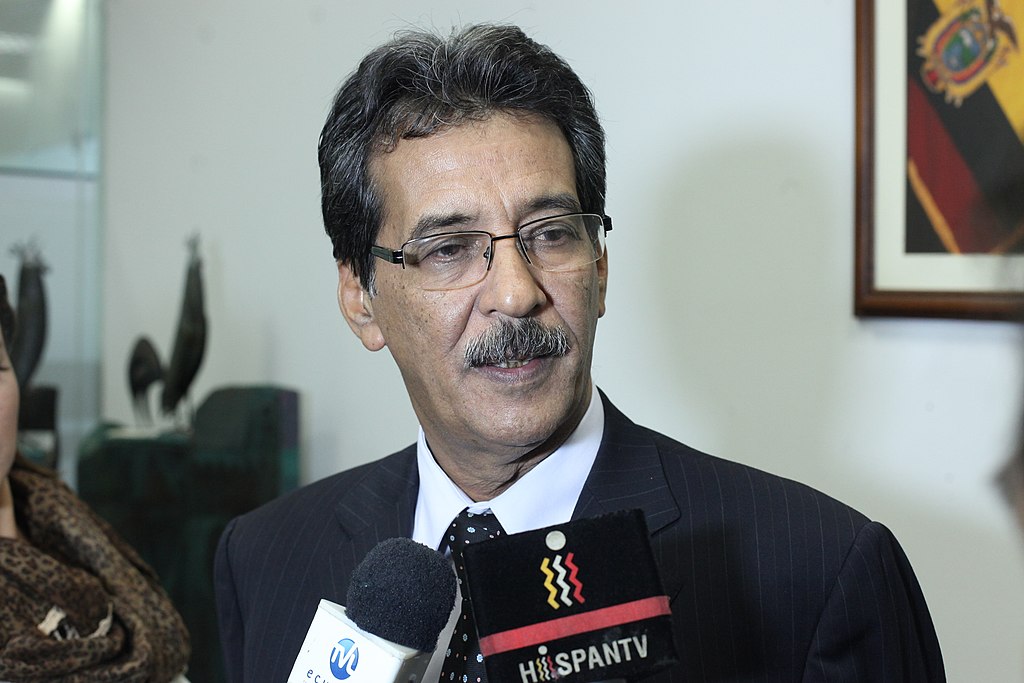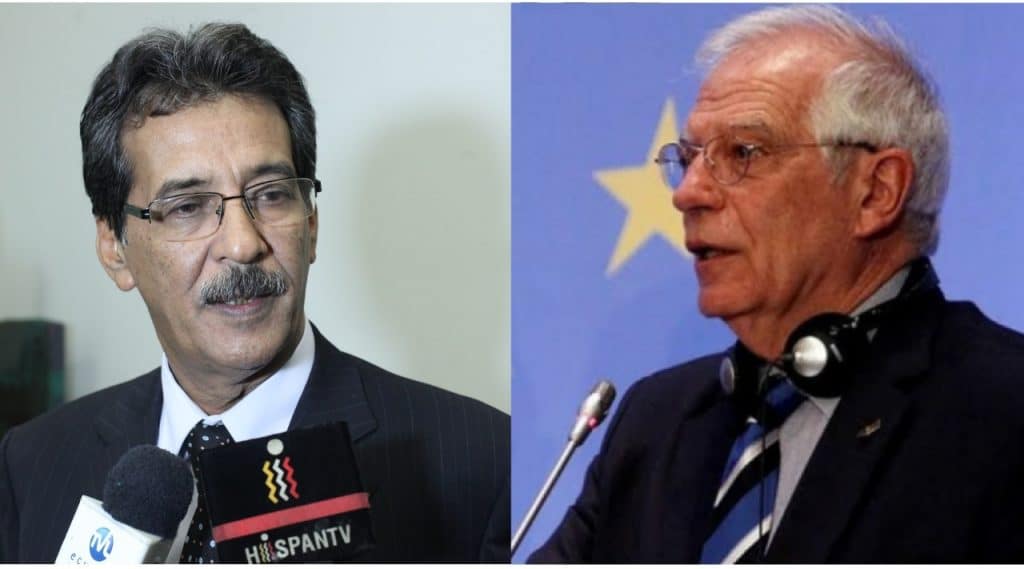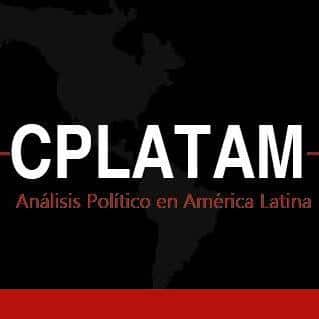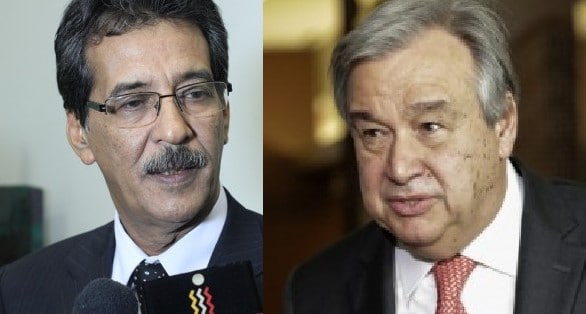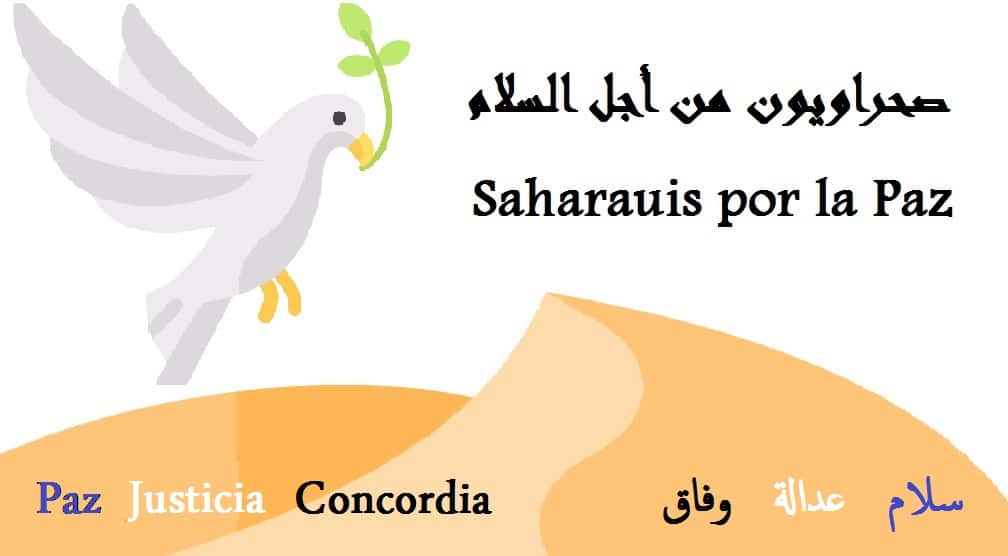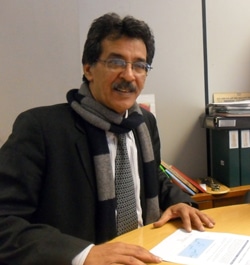An unusual diplomatic activity has been going on for weeks between the main capitals of North Africa with the aim of pushing for a solution to the problem of Western Sahara.
The American undersecretary for North African affairs, Joshua Harris, in Algiers and Rabat to meet with the foreign ministers of the two countries. This is the second trip to the region by the State Department representative in the last three months.
Simultaneously, the UN Special Envoy, Steffan De Mistura, in Madrid for consultations with the head of Spanish diplomacy, José Manuel Albares, following the latter’s recent tour of Morocco, Mauritania and Senegal.
In short, a great deployment promoted by the US government which, through the mouth of Undersecretary J. Harris, no longer hides its impatience with regard to the need for a solution to this dispute.
For the influential centers of power, especially Washington, it is not acceptable that this old conflict, in whose solution it has invested enormous resources through MINURSO, should continue to disturb and strain relations between the two main powers in northwest Africa. According to Harris, the United States is concerned that the proliferation of conflicts and wars in other regions such as the Sahel will eventually spill over to Northwest Africa.
Crucial moment for the Sahara
On his previous trip the U.S. diplomat even revealed that his government had a “realistic” plan ready for the resolution of the Saharawi dispute. Solvent sources in Madrid maintain that President Biden’s administration is determined to “force” a solution to the Western Sahara problem in the two years remaining in the mandate of the current UN Secretary General, Antonio Guterres.
This is undoubtedly a crucial moment on which the fate of the people of Western Sahara and stability in North Africa depend. That is why the Saharawi Movement for Peace (MSP) can only express its satisfaction for the renewed interest of the International Community and the United States Government in the settlement of the problem.
The occasion is also propitious to exhort the other parties involved, especially Algeria, Morocco and the Polisario to cooperate in good faith and in a spirit of compromise so that these efforts may culminate in a just and lasting settlement and that together we may avert the dangers and threats that hang over our region.
At the Second International Conference for dialogue and peace in Western Sahara, held in late October last in Dakar (Senegal), the Saharawi Movement for Peace (MSP) made known a proposal for a “win-win” solution (without winners or losers) that it puts at the disposal of the opposing parties and the mediating bodies to be discussed and if necessary expanded or adjusted.
Objectively speaking, we have reason to believe that together with the high interests of Morocco and the people of Western Sahara, the settlement plan in question could implicitly or explicitly include guarantees for the interests of Algeria and Mauritania, putting an end to the cycle of confrontation and adversity and opening another of stability, cooperation and prosperity which, today, all the peoples of the Maghreb are clamoring for and dreaming of.
New Saharawi political chessboard
Although it has barely been in existence for three years, the MSP has come a long way, establishing itself among Saharawi opinion and abroad as a sensible political force, far from radicalism, but with the credentials of a moderate nationalism with the will and capacity to turn the page and coexist with the Kingdom of Morocco through a compromise solution with guarantees.
The emergence of the MSP in April 2020 has altered the Saharawi political chessboard. For more than half a century, the Polisario leadership has been deciding on its own on behalf of the Saharawis, plunging them into a destructive war and dragging thousands of families into an endless exile far from their land. It still finds it difficult to assume that times have changed and that the armed way and the maximalist positions will only lead to suicide or, in the best of scenarios, to pure and simple capitulation.
Good judgment, high mindedness and a sense of responsibility towards our people call upon us to take a step in the right direction, to pool our efforts and not to waste the new opportunity within our reach.
We urge the Algerian authorities to pay attention to other Saharawi voices and opinions that either never identified or no longer share the ideology and methods of the Polisario.
They must understand that just as the FLN, the architect of the glories of the Algerian revolution ceased some time ago to hold the title of sole and legitimate representative, so they should deduce that the Polisario, fifty years after its creation and with the same leaders at its head, cannot monopolize the representativeness of the Saharawis, especially if we take into account that its trajectory accumulates more errors and shadows than successes and lights.
It is not surprising that, once the solution is reached and under the protection of a Saharawi society governed by full democratic rules, the Polisario, as a political option with such a past, will end up relegated to a marginal position by the verdict of the ballot box.
Algiers must listen to the MSP
Having said that, it would be very useful and enlightening in Algiers to listen at this decisive moment to the MSP, to the tribal notables and other exponents of the Saharawi civil society representing a majority outside the Polisario’s sphere of influence in the Tindouf camps.
Morocco, for its part, must be more explicit in its approach, bring its autonomous offer out of the twilight zone, demonstrate that it is serious and credible and, if necessary, open channels of dialogue with this majority ready to move towards a compromise formula.
Undoubtedly the intervention of the United States together with the reactivation of the political process by the UN envoy constitutes a historic opportunity which challenges us all if we really care about the good of our people and of the other peoples of the region.
We Saharawis must not lose sight of the fact that without understanding between the two main powers in the region, Morocco and Algeria, there will hardly be a solution to the Western Sahara dispute, nor peace and stability in the region.
It is time to work for the possible solution and stop being the “apple of discord” between the two giants.
Hach Ahmed
First Secretary of the Saharawi Movement for Peace (MSP).

